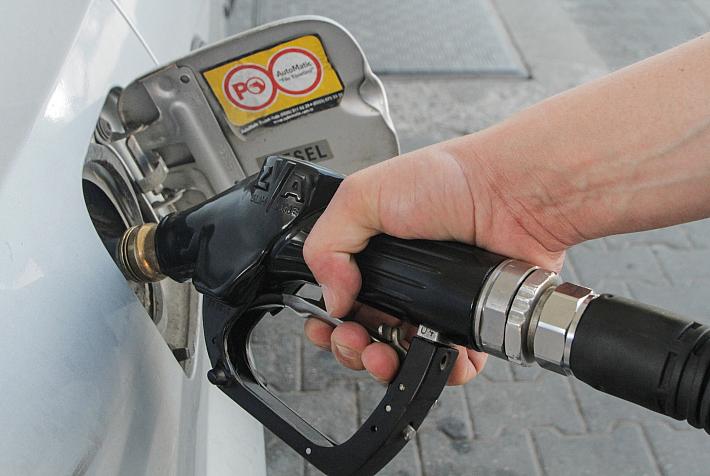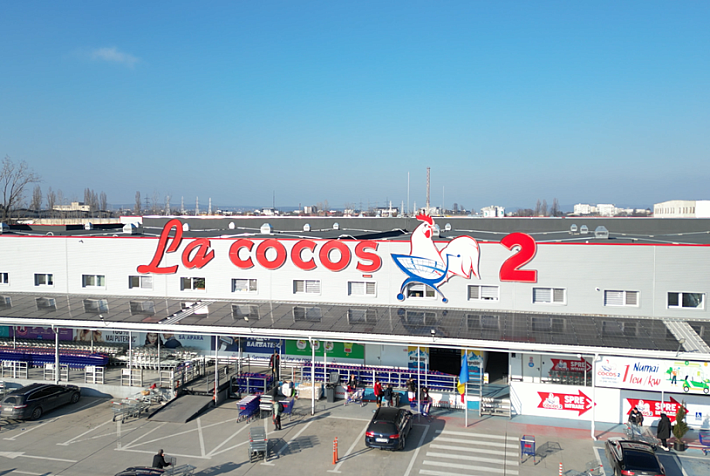Romanian households abandon ‘revenge buying’ as inflation is rising

Romania’s retail sales expressed in volume terms increased by 5.0% YoY in November, gaining momentum from 4.1% YoY in October, according to the statistics office INS. But more granular data and the filtering out of base effects reveals that the retail sales have stagnated since May while the sales on non-food goods (most relevant for the consumer confidence) have contracted by 4.3% over the past two months (October and November).
Households’ propensity to consume is negatively impacted by multiple factors: the rising energy bills, the inflation (that pushed the real wages down) and the increasing interest rates.
The net wages contracted by 1.8% YoY in November, when the headline inflation hit 7.9% YoY. The high energy prices are still compensated to some extent by the state - but this means that households expect even higher prices since April. Consumer lending remains strong by pre-crisis standards, but it contracted by 27.5% in November compared to July when it peaked.
The non-food sales have dragged up the overall sales figures after the lockdown period, and they peaked in May 2021 when they were 9.9% compared to May 2019. Since then, however, the seasonally adjusted sales of non-food goods contracted by 5%.
On the upside, the sales of fuels (seasonally adjusted) reached, in November 2021, the highest level since January 2019. It was 4% higher compared to November 2019. It is, however, premature to conclude that the fuel sales have already recovered to pre-crisis levels, given their volatile pattern.
iulian@romania-insider.com
(Photo source: Shutterstock)













